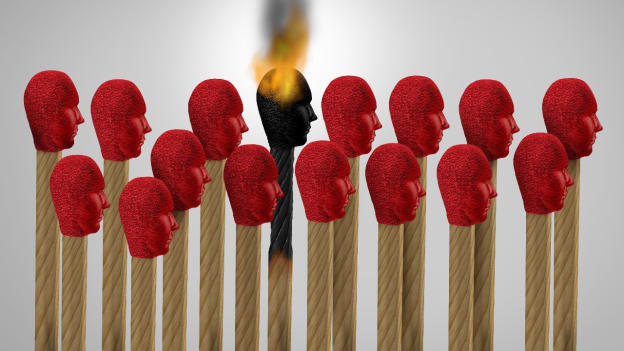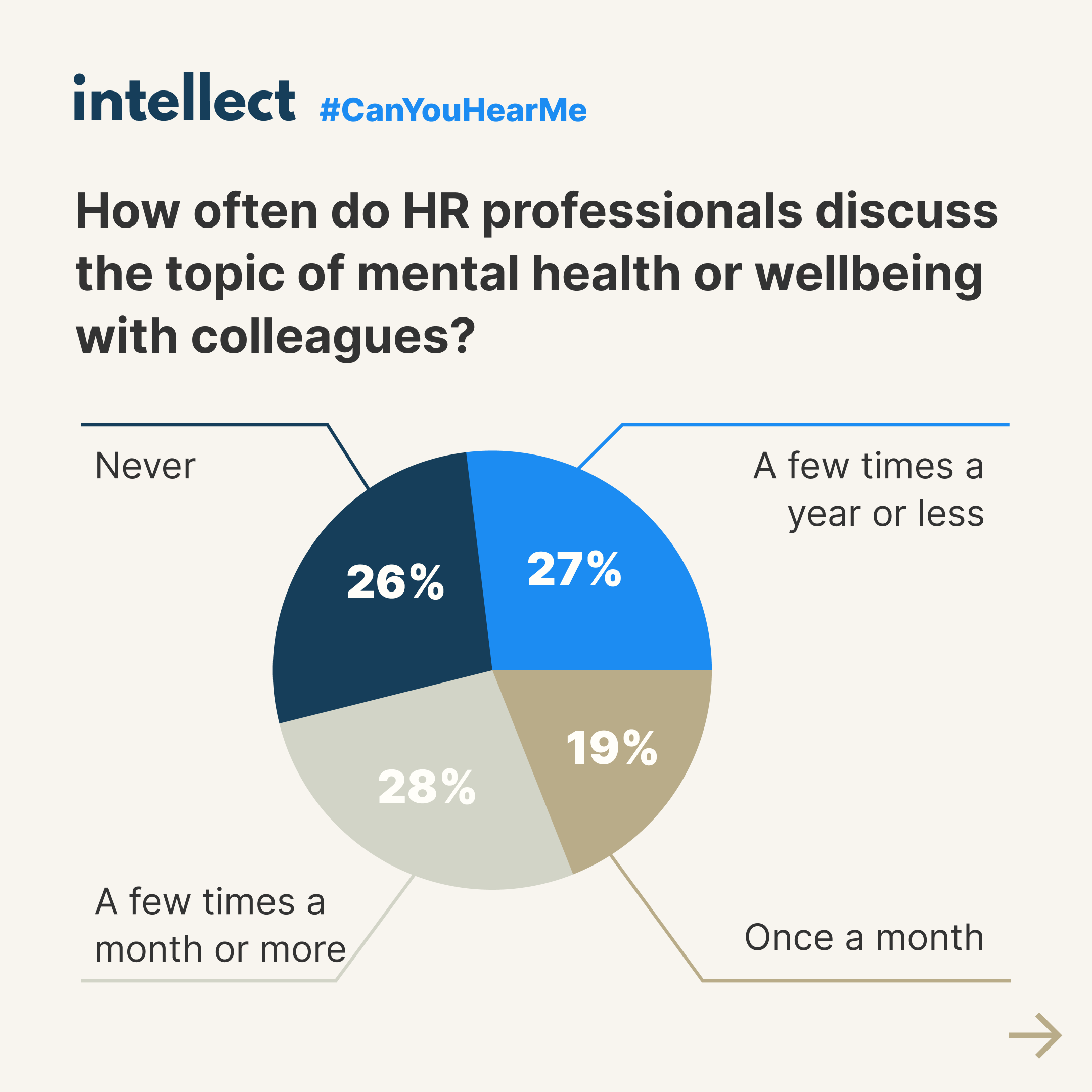Burned out and unsupported: Who's looking after HR professionals?

75% of HR professionals in Singapore experience burnout once a month - and 41% say they feel burned out at least once a week.
That data, derived from a survey by mental health technology firm Intellect in partnership with Milieu Insights, is simultaneously ironic - because HR professionals are tasked these days with supporting the mental health of the workforce - and unsurprising, given the changes and stresses placed on the HR function since the pandemic.
According to the survey, 41% of HR professionals rate their mental health as 'fair' at best - more often, they rate it as 'poor' to 'extremely poor'. And even though about half of the employers in the survey provide mental health resources, only 44% of the professionals surveyed say they are satisfied with these.
The underlying reasons for the high proportion of burned out practitioners is partly due to external macro factors ranging from the pandemic and its aftermath, to economic uncertainty and the potential of recession. But it is also due to an unhealthy working culture, what the Intellect mental health experts describe as the 'glamourisation of productivity and the “rise and grind” mentality'.
Unhealthy expectations and no outlet
The expectations associated with this working culture means that many HR professionals feel they are unable to do their best work. The survey found that 50% are unable to effectively perform their best at work, while only 24% are able to complete their tasks within working hours and only 23% can do their best for employees.
On top of this, a large proportion of HR professionals are not able to effectively rest or find ways to relieve the stress. 50% feel they are unable to personally practise well-being tips - often the same tips that they are expected to encourage the rest of the organisation's workforce to follow - and 42% feel that they cannot get the rest and leisure time which they need.
Continuing stigma around mental health makes the problem even more difficult to solve. According to the study, HR professionals do not openly broach this topic at work. 19% bring it up only once a month, 27% talk about it “a few times a year or less”, and 26% do not discuss mental health at all.

The inability of so many HR professionals to practise what they are expected to preach to other employees is something of a red flag, and the Intellect experts recommend that employers pay more attention to the state of the HR team's mental health.
Dr Oliver Suendermann, Vice President, Clinical, of Intellect, said: “The results are telling – businesses must expand mental wellbeing support to HR teams to ensure they are able to become strategic partners tasked with taking care of employees and ensuring they remain engaged. An empowered HR workforce is more likely to realise their full potential at work and bring greater value to their team.”















